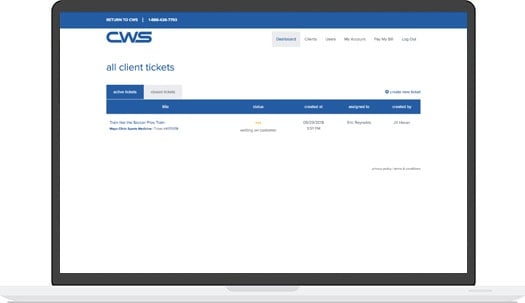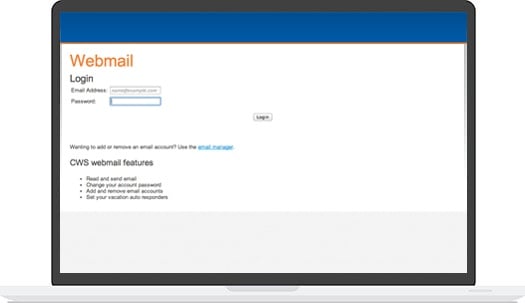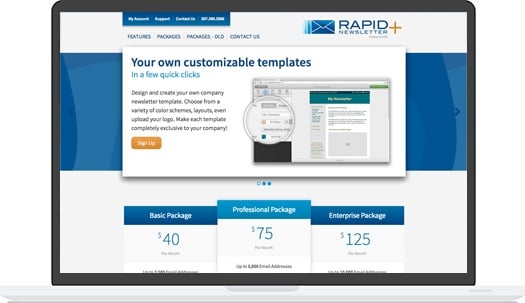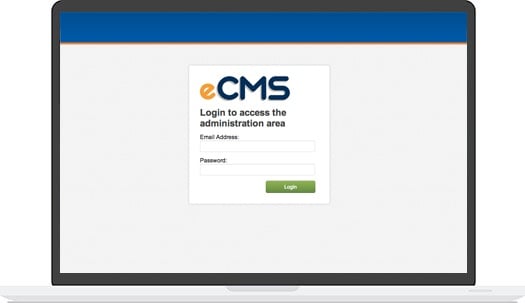Media relations can be exciting and intriguing. At the same time frightening, frustrating and mysterious...especially if you find yourself suddenly "news" when you didn't plan for it. Having been a television reporter/producer for five years has forever changed how I view the news. As a reporter, I was often on the front lines and the one businesses/individuals dealt with in delivering their news through the good times and the bad time. Selecting what's 'news' is a very subjective business and a complaint that I often heard from people trying to 'sell' me a story.
The news media will have greater respect for you and will be more likely to turn to you as a credible media source when you understand what's newsworthy and what isn't. There are companies/individuals who send out a press release every time they turn around and as a result, they've lost credibility with the media. You have to select your news worthy items carefully.
But what makes news newsworthy?
Fine tuning media angles are skills that are fostered over time. The angles are not always the ones that seem most obvious.
Generally there are a few key factors, which help to decide if a story is newsworthy. When an editor needs to decide whether to run with a particular story, s/he will ask how well the story meets the criteria. Normally, a story should perform well in several areas.
Timing
The word news means exactly that - things which are new. Topics which are current are good news. Consumers are used to receiving the latest updates, and there is so much news about that old news is quickly discarded.
Know lead times. If you want your Veteran's Day story in a magazine, you will likely have to send your release months in advance. For newspapers and broadcast, editors and producers will usually still need a couple of weeks lead time unless your press release deals with breaking news. A story with only average interest needs to be told quickly if it is to be told at all. If it happened today, it's news. If the same thing happened last week, it's no longer interesting. When you are trying to have a story told---it's critical to know the reporter's deadline. Be quick to return calls to the media. Generally within 30-60 minutes is a good rule of thumb. If you don't respond quickly, they'll move on to someone else.
[Download your FREE Building a Targeted Persona Toolkit here!]
Significance
News is not something that is easy to define, but it's generally about significant events that affect people. The number of people affected by the story is important. Local daily and weekly media follow national industry stories...these stories may prompt a reporter to ask you about local community angles or the impact of the issue on your organization.
Human Interest
Human interest stories are a bit of a special case. They often disregard the main rules of newsworthiness; for example, they don't date as quickly, they need not affect a large number of people, and it may not matter where in the world the story takes place.
Human interest stories appeal to emotion. They aim to evoke responses such as amusement or sadness. Television news programs often place a humorous or quirky story at the end of the show to finish on a feel-good note. Newspapers often have a dedicated area for offbeat or interesting items.
Does my story deal with a hot topic? Ten years ago when the economy was booming nobody was puzzling too hard over ways to save on their power bill. Back then, your energy-saving hot water heaters might have interested plumbers, contractors, die-hard environmentalists and nobody else. Now though, "green" topics are in the news. Read widely to discover trends and tailor your press release accordingly. While you may have once simply announced a new line of hot water heaters, now you can get attention by touting their "green" properties.
Does my story connect emotionally with readers? Make sure there is a human face attached to the story. Perhaps you are announcing a new medical procedure. Connect emotionally with the audience by relating the tale of an against-all-odds underdog who beat cancer after undergoing the new procedure. Editors, producers, journalists and the public are, after all, only human. If the story tugs at your heart strings, chances are it will tug at theirs, too.
And finally remember...media relations is NOT like paid advertising.
The media's purpose is to inform and educate their constituents. Simply stated, reporter's are paid to get the facts from various 'credible' sources. If you would like to see your organization get some media attention--it is your job to provide the media with the basic information and not to dictate the message. If you want complete control over a message that would be called advertising. Often, someone wants a story told, but isn't adept at dealing with a reporter or the process of working with the media. The result may be a weaker story, or one that is not told at all. There are many things that you can do that will influence how a story is told---but you first have to understand what makes items newsworthy and a bit more about the process.

.jpg?t=1533315998368) How-To Articles
How-To Articles Support Portal
Support Portal Webmail
Webmail Rapid Newsletter+
Rapid Newsletter+ eCMS
eCMS

 Our content team is made up of thought leaders, strategists, and content creators who have more than 70 years of combined experience. With a wide variety of backgrounds as entrepreneurs, marketing gurus, healthcare associates, as well as plenty of experience in other industries, we help grow businesses with our relevant, trusted, and helpful resources.
Our content team is made up of thought leaders, strategists, and content creators who have more than 70 years of combined experience. With a wide variety of backgrounds as entrepreneurs, marketing gurus, healthcare associates, as well as plenty of experience in other industries, we help grow businesses with our relevant, trusted, and helpful resources.
